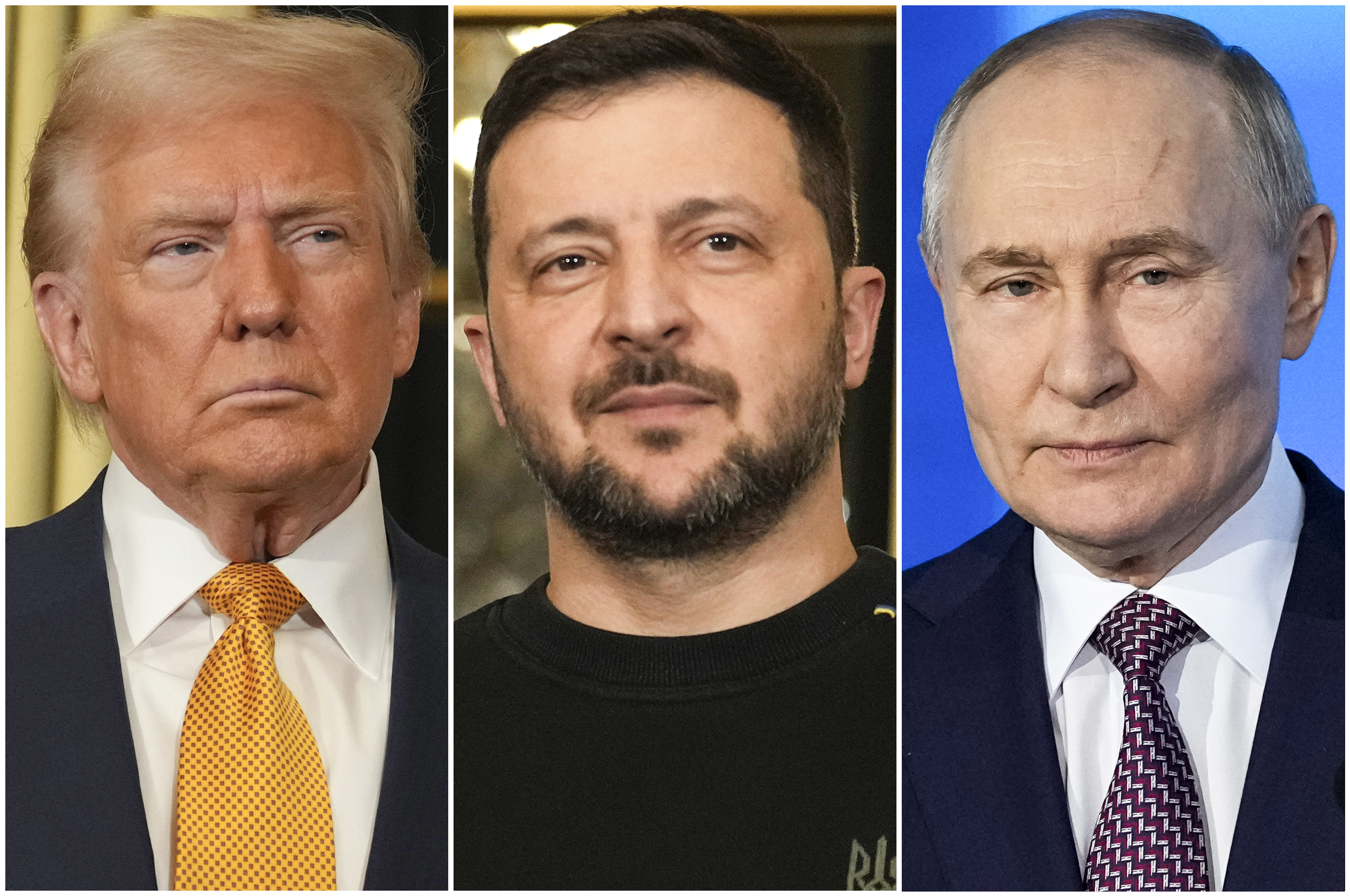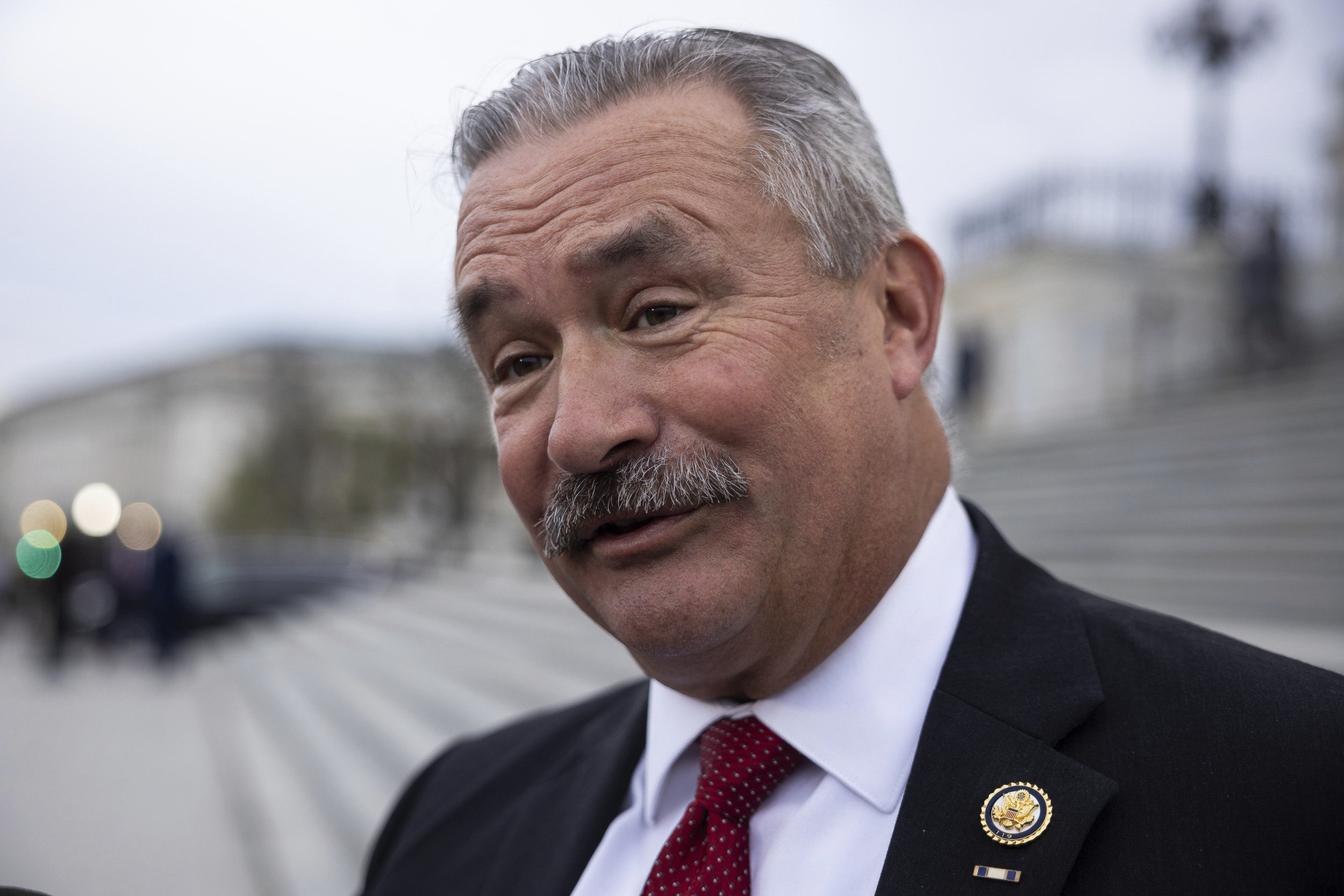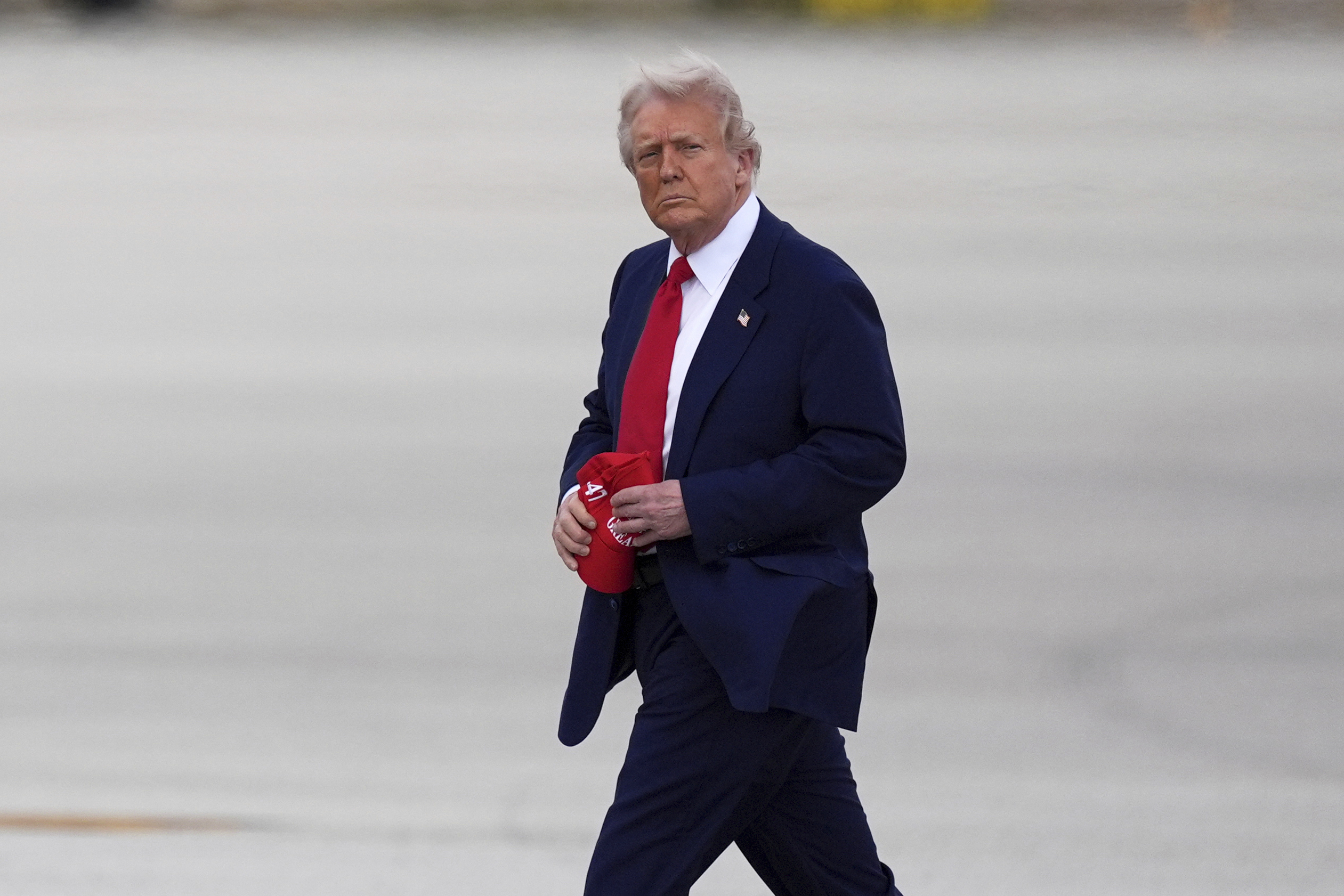Hungary has criticized recent Ukrainian drone attacks on Russian energy infrastructure, with Foreign Minister Péter Szijjártó calling them a direct threat to his country's sovereignty.
Budapest's concerns stem from repeated disruptions in oil supplies following Ukrainian strikes on the Druzhba pipeline, a major conduit through which Russian oil reaches Hungary.
Hungary remains heavily reliant on Russian energy and has resisted European Union efforts to impose stronger sanctions on Moscow since the full-scale invasion of Ukraine began in 2022.
"Energy security is a matter of sovereignty, and we consider any attack on our energy infrastructure to be an attack on our sovereignty. We therefore condemn all such attacks," Szijjártó said in an interview with Russian state agency RIA Novosti.
Why It Matters
Hungary is a member of NATO and the EU, but its alignment with Russia on energy policy and frequent criticism of Ukraine have set it apart from most Western allies. The government of Prime Minister Viktor Orbán has repeatedly stalled EU aid packages and sanctions against Moscow, citing Hungarian national interests.
Strikes on infrastructure used to transport Russian oil and gas not only impact Hungary's economy but raise diplomatic complications for Kyiv, whose Western backers include Hungary's NATO partners.
Szijjártó's comments come amid efforts to establish a mutual energy infrastructure ceasefire between Ukraine and Russia.
What To Know
The attacks on energy infrastructure, especially the Druzhba pipeline and nearby facilities, have caused several days of interruptions in Hungarian oil deliveries in recent months.
He said that "the problem of recent months has been Ukraine's attacks on the Druzhba oil pipeline and its connecting infrastructure," which has caused disruptions to oil supplies to Hungary for several days in some cases.
Hungary temporarily suspended Russian oil imports after a March 11 drone strike by Ukrainian forces.
Newsweek has contacted the Ukrainian Ministry of Defense via email for a response to Szijjártó.

What People Are Saying
Szijjártó said earlier this month: "We call on Ukrainians not to attack Hungary's energy infrastructure."
He added that Hungary "has so far remained on the sidelines (of the Russia-Ukraine war) and wants to remain on the sidelines."
In January this year, Ukraine's Foreign Ministry spoke out against Hungary's claims that Kyiv was causing economic difficulties for the EU for the war's impact on the export of Russian gas.
It said at the time: "If the Hungarian side prioritises strengthening Russia over the EU and the United States, it should acknowledge this openly. Ukraine would be ready to fill any vacant space in the EU and NATO if Hungary chooses to vacate it in favour of membership in the CIS or CSTO."
What Happens Next
Hungary's latest statements are likely to fuel further tension within the EU over unified support for Ukraine.
fairness meter
About the writer
Jordan King is a Newsweek reporter based in London, U.K. Her current focus is on religion, health, food safety and ... Read more




